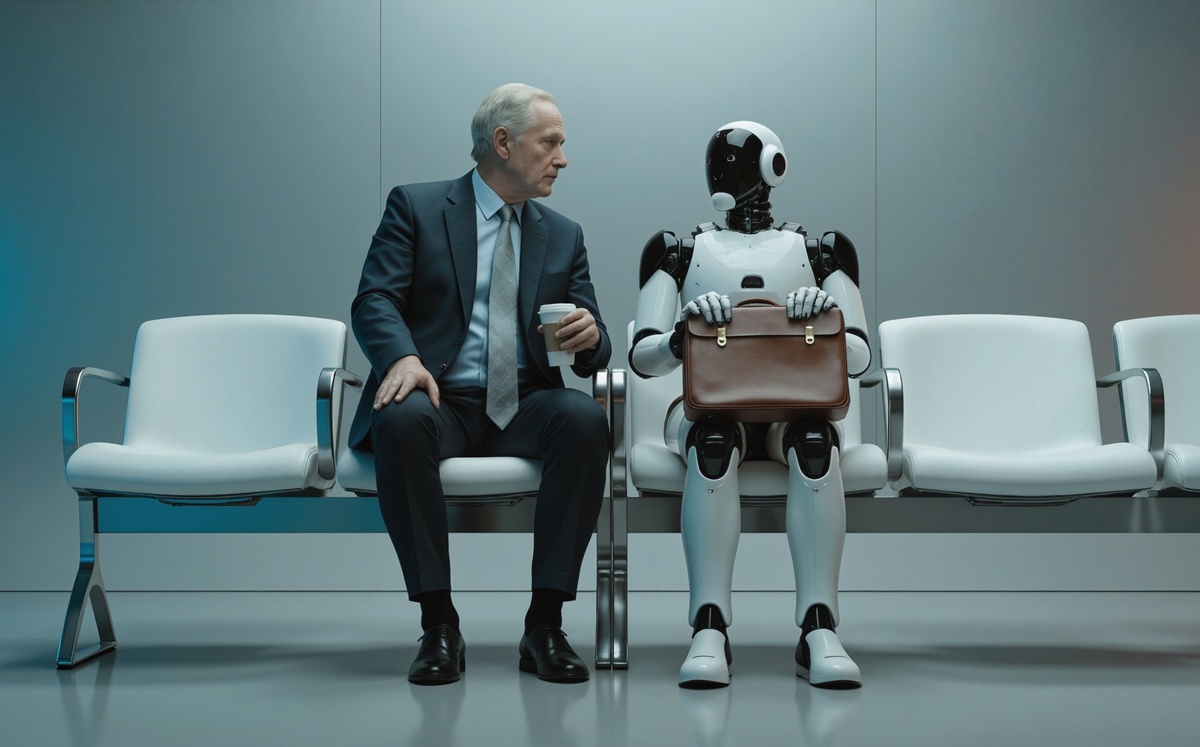September 12, 2025
AI Is Shaping the Future of Work, But Only 18% of Tasks Are Fully Automatable

Just 18% of workplace tasks worldwide can be completely automated by artificial intelligence, according to new research from TechWolf’s Workforce Intelligence Index, which analysed more than two billion job postings between 2015 and 2025. The study highlights that while 38% of tasks are expected to be significantly influenced by AI, the majority (62%) will still rely entirely on human capability. This data underscores that the future of work is not about replacement but transformation, with major opportunities for reskilling and upskilling.
Many enterprises rushing into AI adoption have resorted to layoffs in the face of uncertainty. But TechWolf’s findings, alongside broader HR research, reveal that cutting jobs to save costs undermines companies in the long run. Layoffs reduce morale, weaken innovation pipelines, and ultimately increase expenses through rehiring and lost institutional knowledge. In contrast, reskilling employees creates a stronger, future-ready workforce.
As TechWolf founder Mikaël Wornoo puts it, “Layoffs may please investors for a quarter, but they weaken companies for years.” Retaining and retraining employees not only keeps vital expertise within organisations but also improves retention and productivity — creating a more sustainable growth path in the AI era.
Beyond Job Cuts: AI as an Enabler of Human Potential
Despite headlines warning of mass job losses, the Index paints a more optimistic picture. AI adoption is undoubtedly disruptive, but disruption does not equal displacement. Instead, AI provides an opportunity to amplify human skills and productivity. SHRM’s Civility Index shows the hidden costs of layoffs: workers in companies that cut staff reported significantly higher rates of incivility compared to those at more stable organisations.
Businesses that choose reskilling over layoffs can avoid these pitfalls, positioning themselves to capture the productivity gains AI brings without sacrificing culture or talent.
Engineering Jobs: Augmented, Not Automated Away
Engineering roles, often flagged as vulnerable to automation, are actually among the most promising for augmentation. Rather than replacing software engineers, AI tools such as large language models are reshaping how their work is done, accelerating code writing, improving quality, and freeing up time for higher-value innovation.
TechWolf’s data shows enormous untapped potential across major technology giants: 86% at Microsoft, 85% at IBM, 79% at Dell, 75% at Apple, 70% at Cisco, and 71% at Qualcomm. This suggests that engineering talent is not on the decline but is instead at the centre of the AI transformation. For forward-looking leaders, the smarter bet is not replacing engineers, but equipping them with AI-driven development tools.
Not One Size Fits All
TechWolf’s Workforce Intelligence Index shows AI is reshaping industries differently:
- Healthcare: 62% of organisations need major upskilling; strong opportunities in supply chain (e.g., Pfizer), while sales lag (e.g., Johnson & Johnson).
- Retail & Consumer Goods: 68% require reskilling, with AI boosting logistics, inventory, and production (e.g., Burberry) or software (e.g., Adidas).
- Technology: 75% of firms need upskilling; major disruption but high potential, with Cisco marketing and IBM data science showing above-average AI opportunities.
These findings prove that the AI revolution is not a blanket story of job elimination. Instead, its effects differ by sector and even by function within the same company. The future of work will be defined not by automation alone, but by how well leaders embrace workforce transformation strategies tailored to their unique industries.



